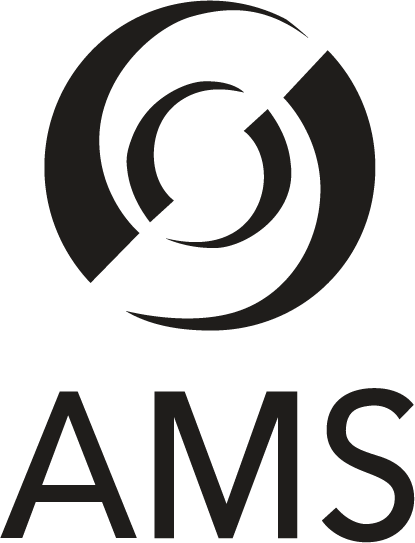SSD56
Coils and Transformers
COIL,RADIO FREQUENCY
SSD56
COIL,RADIO FREQUENCY
ACT NOW! SUBMIT A QUICK QUOTE.
Technical Characteristics
-
Specification/Standard Data
96906-ms90537 government standard
-
Rating Method
electrical single component 1st winding
-
Winding Operating Current
380.000 microamperes maximum of standard range b single component 1st winding
-
Quality Factor
49 minimum single component 1st winding
-
Maximum Operating Temp
125.0 deg celsius
-
Terminal Type And Quantity
2 wire lead
-
Reliability Indicator
not established
-
Coil Form Type
solid single component
-
Body Length
0.375 inches minimum and 0.415 inches maximum
-
Mounting Method
terminal single group
-
Frequency At Which Inductance And Quality Factor Applies (Non-Core)
2.5 megahertz single component 1st winding
-
Cubic Measure (Non-Core)
0.0076 cubic inches
-
Core Construction
s0lid single component
-
Minimum Self-Resonant Frequency (Non-Core)
25.0 megahertz single component
-
Body Outside Diameter
0.146 inches minimum and 0.167 inches maximum
-
Features Provided
tinned wire leads
-
Inductance Rating
56.000 microhenries nominal single component 1st winding
-
Dc Resistance Rating In Ohms
2.230 single component 1st winding
-
Special Features
electro-magnetic shield
-
Inclosure Type
fully inclosed


 Certified to
Certified to









